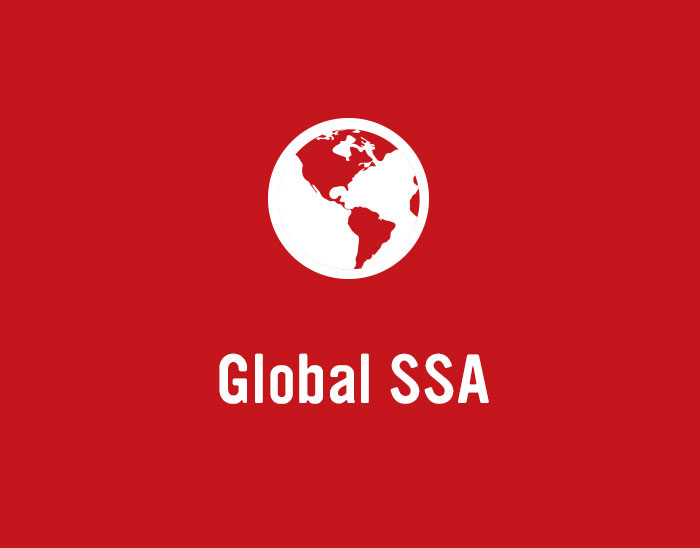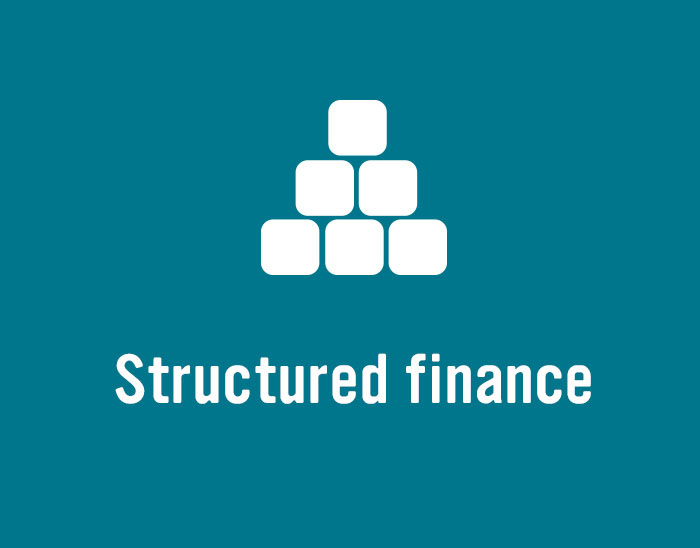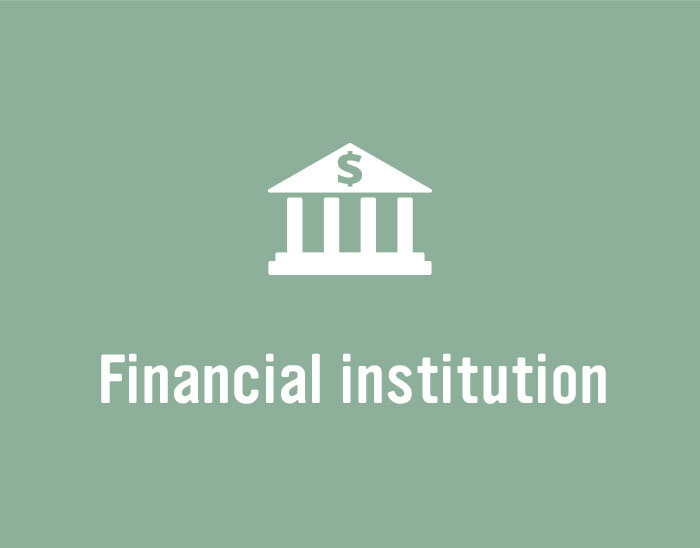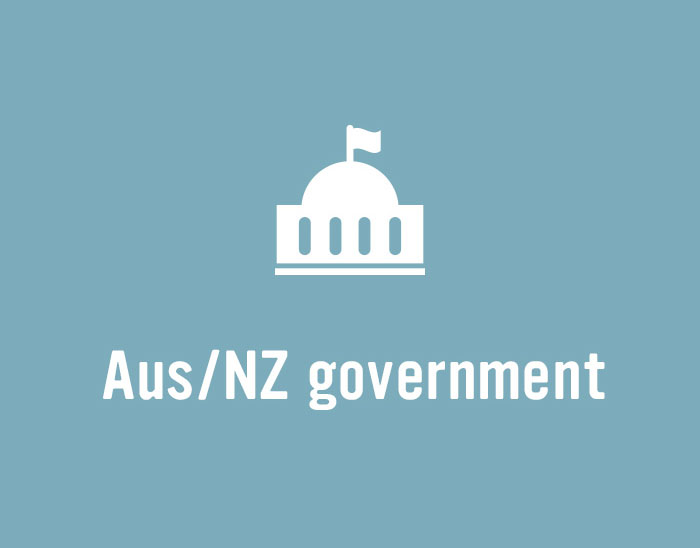
News

European Investment Bank (EIB) (AAA/Aaa/AAA) launched a new, May 2029-maturity, Kangaroo bond on 7 June. The forthcoming deal will have minimum volume of A$200 million (US$153.1 million) and is being marketed at 45 basis points area over semi-quarterly swap, equivalent to 52.5 basis points area over Australian Commonwealth government bond. Pricing is expected on the same day as launch, via TD Securities.

On 7 June, Avanti Finance launched its residential-mortgage backed securities (RMBS) transaction, Avanti RMBS 2018-1. The deal has an indicative volume of NZ$150 million (US$105.6 million) with the ability to upsize. Pricing is expected on or before 12 June, according to arranger and lead manager Westpac Banking Corporation, New Zealand Branch.

Housing New Zealand (Housing NZ) returned to the New Zealand debt capital market for the first time since 1999 with a NZ$500 million (US$351.2 million) dual-tranche transaction on 1 June. Deal sources suggest the addition of another high-grade issuer in the New Zealand dollar market is a boon for market development, particularly due to the nature of the institution and its intent to be a repeat issuer.

On 6 June, Australian Finance Group (AFG) began taking indications of interest for its prime residential mortgage-backed securities (RMBS) transaction, AFG 2018-1 Trust. The potential deal has an indicative total volume of A$350 million (US$268 million). ANZ is arranging the transaction and leading alongside National Australia Bank.

On 6 June, Barclays (BBB/Baa3/A) launched a multi-tranche benchmark Kangaroo transaction. The deal will be comprised of a five-year tranche in either or both fixed- and floating-rate formats as well as a 10-year fixed rate tranche. The five-year tranches are being marketed at 185 basis points area over swap benchmarks while the 10-year tranche has indicative price guidance of 240 basis points area over semi-quarterly swap. Pricing is expected on the day after launch.

Industrial and Commercial Bank of China New Zealand (ICBC NZ) (A/A1) launched a NZ$75 million (US$52.7 million) floating-rate (FRN), three-year domestic deal on 6 June, with an indicative margin of 110 basis points over three-month bank bills. The forthcoming deal is expected to price the day after launch, via lead managers ANZ and Westpac New Zealand.

On 5 June, Meridian Energy (BBB+/S&P) began taking indications of interest for a NZ$150-200 million (US$105.4-140.6 million) seven-year domestic deal. The transaction is being offered to institutional and retail investors and is expected to open in the week beginning 11 June.

The key to unlocking a new level of green issuance in the Australian bond market could be a deeper understanding of the assets on banks’ balance sheets. Institutional assets lend themselves to classification and verification, while the potential of SME and household loans remains almost untapped.

Western Australia (WA)’s second state budget in eight months, delivered on 8 May, revealed promising signs of improvement for the state’s finances. In an address hosted by Western Australian Treasury Corporation in Sydney on 31 May, state treasurer Ben Wyatt cited public expense reform, improving commodity prices and the emergence of lithium as a major export, as key factors in what he describes as the best WA budget position across forward estimates since the 2012/13 budget.

On 4 June, Firstmac launched its residential mortgage-backed securities (RMBS) transaction, Firstmac Mortgage Funding Trust No.4 Series 2-2018. The deal is for a total volume of A$1 billion (US$756.4 million) and will not grow. The Class A1 notes have a volume of A$850 million and have been preplaced.

Housing New Zealand made a significant dent in its funding requirement at the beginning of June, printing NZ$500 million (US$349.6 million) in a dual-tranche offering. Meanwhile in Australia, Deutsche Bahn printed a A$206 million (US$155.5 million) 10-year Kangaroo deal and National Australia Bank started marketing a low-carbon shared-portfolio floating-rate notes deal.

